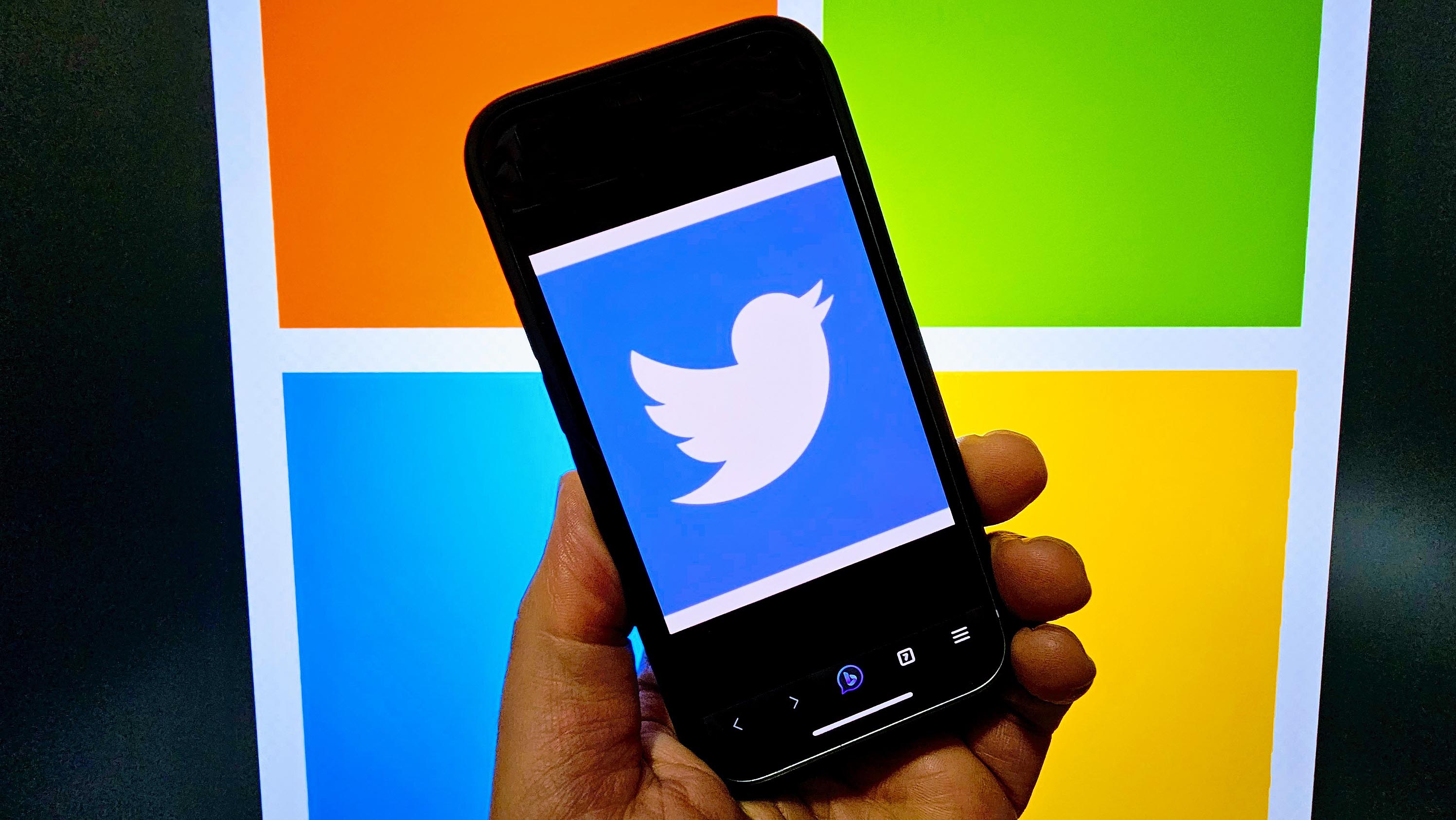Microsoft rejects $42k+ Twitter API subscription, pulls it from ads platform
Even Microsoft is not dumb enough to pay for Twitter.

What you need to know
- Microsoft is removing Twitter as an option from its Digital Marketing Center’s social media management tool.
- The change starts on April 25th.
- Twitter is demanding an initial $42K monthly for its new paid Twitter API subscription plan, which scales per use.
- Microsoft Advertising keeps Facebook, Instagram, and LinkedIn content management features for advertisers.
Twitter is about to lose a valuable partner as Microsoft announced it is dropping the maligned social network from its Digital Marketing Center’s (DMC) social media management tool starting on April 25th.
Microsoft’s DMC is a tool small and medium business owners use to manage ad campaigns on various social media platforms like LinkedIn, Facebook, and Instagram. The tool uses artificial intelligence to optimize and automate digital marketing campaigns with a centralized dashboard letting advertisers engage with customers directly through messaging and DMs.
The change coincided with the decision by Twitter to start charging an eye-watering $42,000-a-month starting enterprise subscription to Twitter’s new API. Unfortunately, such a decision also affects many third-party Twitter app developers who can no longer afford to maintain their apps, many of which add more customizations and features than the official Twitter app.
As reported by Mashable, who broke the story:
“While Microsoft’s social media service was provided for free to advertisers, it was prominently featured in Microsoft Advertising’s Digital Marketing Center dashboard. It worked alongside the platform’s social and search paid advertising tools, which helped businesses run and manage their paid ad campaigns on platforms like Google Ads, Facebook and Instagram, and Microsoft’s search advertising … Microsoft made more than $12 billion in digital advertising revenue last year from ads that would be created, managed, and run through its Advertising platform.”
The announcement was posted on Microsoft’s support page for its services.
Twitter’s new owner, Elon Musk, chimed in on the news accusing Microsoft of “training illegally,” presumably its Bing Chat and Bing Search features, and threatening a lawsuit against the company.
Get the Windows Central Newsletter
All the latest news, reviews, and guides for Windows and Xbox diehards.
In response to some mild questioning of Twitter’s long-term plan regarding access to its feed, Musk responded, “I’m open to ideas, but ripping off the Twitter database, demonetizing it (removing ads) and then selling our data to others isn’t a winning solution.”
I’m open to ideas, but ripping off the Twitter database, demonetizing it (removing ads) and then selling our data to others isn’t a winning solutionApril 19, 2023
Of course, Musk says many things on Twitter that, more often than not, never come true. Filing lawsuits in the United States is easy, but proving and winning the case is much more challenging. It remains to be seen if Musk is making more idle threats or if a lawsuit against Microsoft will happen.
In the meantime, Microsoft is not the only company to drop plans for access to Twitter’s new API. Intercom and the National Weather Service (NWS) are also not going along with the plans. As the latter notes, it may no longer be reliable for emergency alert tweets due to it not paying Twitter over half a million dollars a year for something previously free.
The move by Microsoft also comes on the heels of Musk trying to win back advertisers for Twitter, who have removed or suspended campaigns due to the CEO’s erratic behavior. Twitter reportedly lost over half of its major advertisers since Musk took over.

Daniel Rubino is the Editor-in-chief of Windows Central. He is also the head reviewer, podcast co-host, and analyst. He has been covering Microsoft since 2007 when this site was called WMExperts (and later Windows Phone Central). His interests include Windows, laptops, next-gen computing, and wearable tech. He has reviewed laptops for over 10 years and is particularly fond of 2-in-1 convertibles, Arm64 processors, new form factors, and thin-and-light PCs. Before all this tech stuff, he worked on a Ph.D. in linguistics, performed polysomnographs in NYC, and was a motion-picture operator for 17 years.
